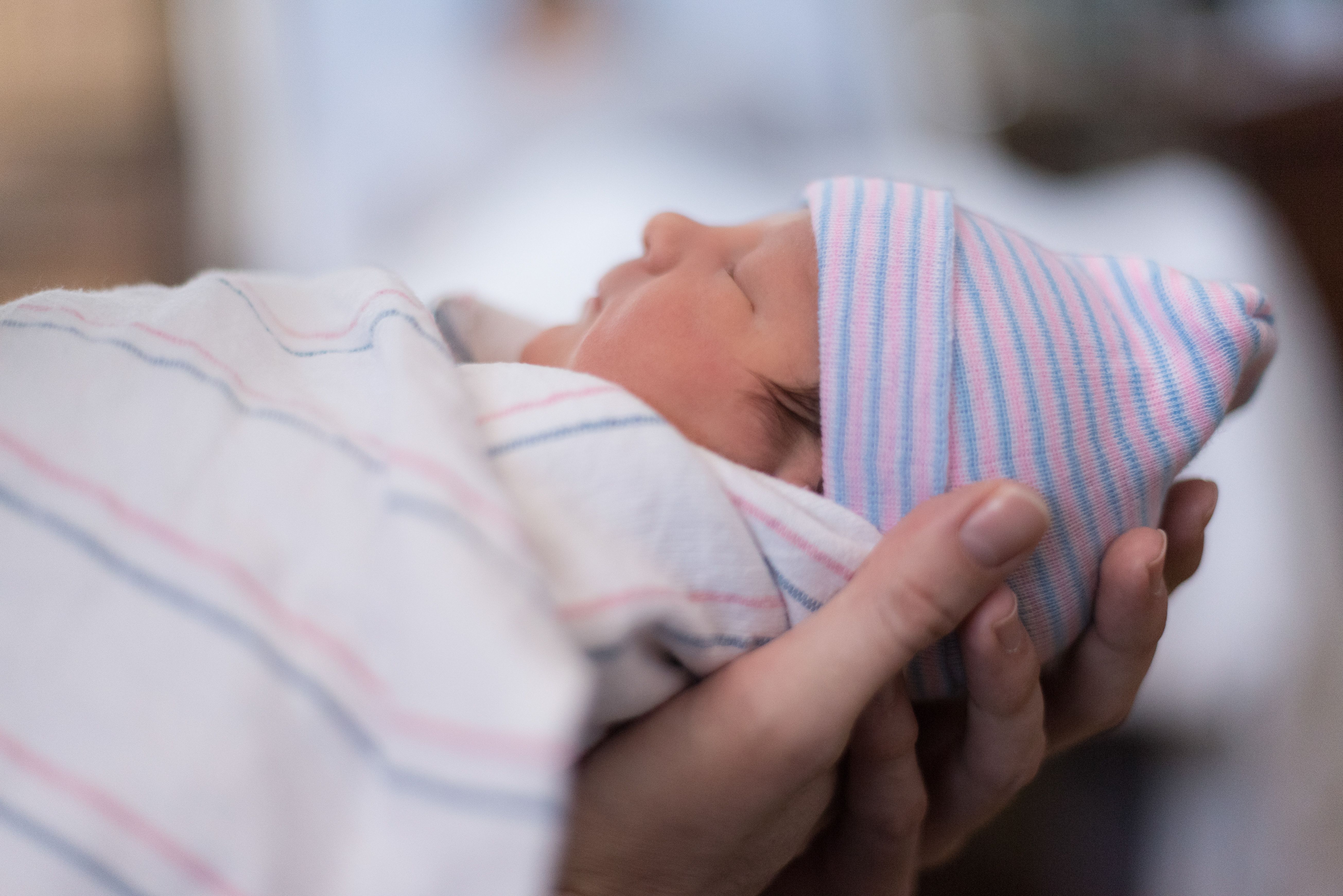- Center on Health Equity & Access
- Clinical
- Health Care Cost
- Health Care Delivery
- Insurance
- Policy
- Technology
- Value-Based Care
Adverse Perinatal Outcomes Associated With Maternal HIV Infection
Pregnant women with HIV need targeted interventions and improved care to combat these adverse outcomes.
Perinatal outcomes were found to be worse in pregnant women who had a diagnosed HIV infection, according to a review published in International Journal of Gynecology Obstetrics. This finding emphasizes the need for interventions catered to this population to improve outcomes.
Approximately 1.3 million women living with HIV were pregnant in 2022 in low- and middle-income countries, with 930,000 newborns born with HIV. Fetal health is directly affected by HIV infection in the mother of the child due to adverse pregnancy outcomes (APOs) and mother-to-child transmission (MTCT). Antiretroviral therapy (ART) as well as nursing practices can reduce the risk of MTCT but ART can lead to other adverse outcomes. Research that looks into the association between maternal HIV infection and worse pregnancy outcomes is inconsistent. Therefore, this review was conducted to look into the perinatal outcomes in women diagnosed with HIV in resource-poor and resource-rich environments.
Newborn Baby | Image credit: Gary - stock.adobe.com

The databases PubMed, MEDLINE, and Google Scholar were used to search for all studies published between January 1, 2013, and September 4, 2023, that involved perinatal outcomes in infants whose mothers are diagnosed with HIV. Studies not published in English were excluded from the study; case reports, narrative reviews, editorials, commentaries, systematic reviews, and meta-analyses were included in the review.
Data extraction was performed for all studies, with information about the study details, clinical data, and methodological information all collected. The risk of bias assessment was also conducted using the Newcastle-Ottawa Scale.
There were 9 studies that were included in this study, of which 4 were retrospective cohort studies, 2 were prospective cohort studies, 2 were cross-sectional studies, and 1 was an observational study. The studies came from Malawi, Brazil, India, Nigeria, the US, Canada, Tanzania, and China.
Preterm birth (PTB) was defined as a birth of a newborn with a gestational age of less than 37 weeks in 5 of 8 studies that reported on this outcome. Low birth weight (LBW) was defined as weighing less than 2500 g at birth in 6 of 8 studies. Perinatal mortality was defined as stillbirths and neonatal deaths within the first 7 days of life.
A correlation between maternal HIV infection and APO was found in this review. PTB, LBW, and newborns small for gestational age (SGA) were found to be more frequent in a Brazilian observational study (17.5%, 20.2%, and 16.2%, respectively). The correlations between an HIV infection in the mother and increases in SGA newborns (adjusted OR [aOR], 3.26; 95% CI, 3.26-4.64), stillbirth (aOR, 2.77; 95% CI, 1.24-6.17), PTB (aOR, 2.37; 95% CI, 1.44-3.89), and LBW (aOR, 4.20; 95% CI, 2.59-6.82) were strong in the study from China.
An increased chance of LBW (aOR, 1.33; 95% CI, 1.18-1.49) and SGA (aOR, 1.38; 95% CI, 1.24-1.53) was found in the study from Tanzania. Maternal HIV had a negative effect on perinatal mortality (OR, 1.50; 95% CI, 1.10-3.10) and birth weight (mean, –25.3 g; 95% CI, –95.50 to 7.40 g). Perinatal death was significantly reduced through the use of ART (OR, 3.90; 95% CI, 1.10-14.80) but it did not affect birth weight.
A study based in Canada found that there was a correlation between HIV infection in the mother and an elevated risk of SGA (14.6% vs 10.3%), PTB (14.6% vs 6.3%), and LBW (12.5% vs 4.6%) compared with mothers without HIV. A study conducted in the US found that mothers who lived with HIV had a higher risk of both PTB (OR, 1.57; 95% CI, 1.39-1.78) and intrauterine growth restriction (OR, 1.36; 95% CI, 1.07-1.74).
There were some limitations to this review. Publication bias could have affected the overall effect size, as noteworthy findings are more likely to get published. The variety of study designs introduced heterogeneity into the review. A scarcity of full-text publications could have affected the reliability of the conclusions drawn. The studies only included those written in English. No studies from Europe were included, which could affect generalizability to this population.
Perinatal outcomes in newborns born to women with HIV can be significantly affected, the studies indicated. The researchers concluded that adequate medical care and treatment can reduce these outcomes. Social and medical support of women diagnosed with HIV, including during maternal and infant care, can help to reduce the frequency of these outcomes and improve adverse outcomes overall.
Reference
Atowoju I, Dawer P, Asrani M, Panjiyar B. Impact of maternal HIV infection on perinatal outcomes: a systematic review. Int J Gynecol Obstet. Published online April 4, 2024. doi:10.1002/ijgo.15528
Elevating Equitable Health Care for the LGBTQ+ Community
June 18th 2024For the third episode in our special Pride Month series, we speak with Patrick McGovern, CEO of Callen-Lorde since August of 2023 and an outspoken advocate for HIV; lesbian, gay, bisexual, transgender, queer, plus (LGBTQ+); and community health.
Listen
Community Outreach Is Enabling CeSHHAR to Close HIV Care Gaps in Zimbabwe
April 6th 2021The Centre for Sexual Health and HIV/AIDS Research Zimbabwe conducts evidence-based research related to HIV and AIDS, as well as provides and implements sexual and reproductive health education and interventions among sex workers, children, and adolescents, and in the area of masculinity.
Listen
